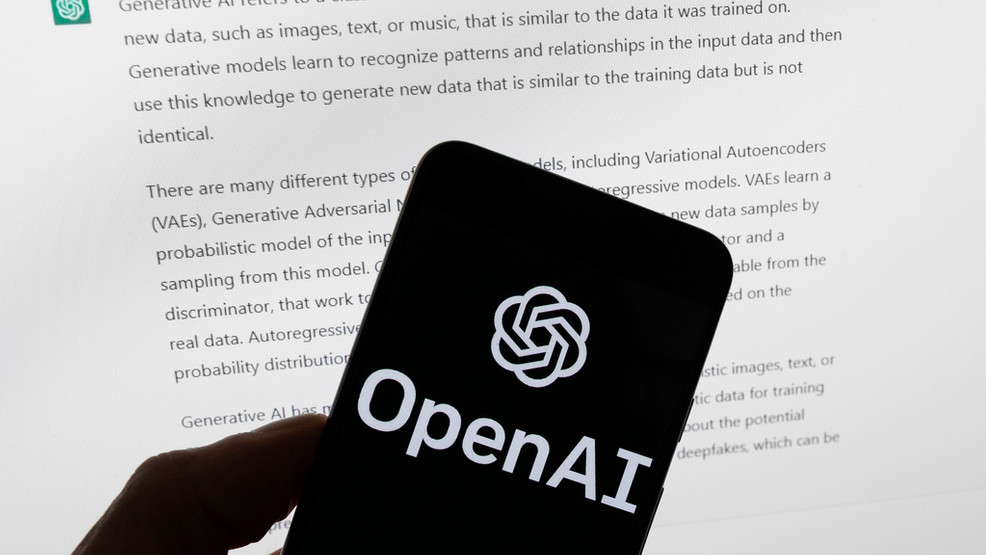WASHINGTON (TNND) — A recent survey by Common Sense Media reveals that nearly one-third of parents with children aged 0-8 report their kids have used artificial intelligence for school-related learning.
The survey, conducted in August, involved over 1,500 parents and highlights the growing presence of AI in early childhood education.
While 75% to 80% of parents express concerns about the impact of screen media, three-quarters acknowledge the potential benefits of AI for learning and connection. Despite these concerns, 61% of parents said their children’s use of AI had no impact on their critical thinking skills.
“This tension—balancing technology’s risks with its benefits—defines the modern parenting experience. Parents of young children face the dual challenge of navigating screen media use and preserving fundamental childhood experiences like daily reading, which has declined from 64% to 52% among 5- to 8-year-olds since 2017, even as overall screen time remains steady,” James P. Steyer, Common Sense Media’s Founder and CEO noted. “The report highlights the convergence of early childhood and technology. Screen time is no longer just a mainstay of children’s entertainment and education—it’s now an integral part of daily activities for many families. We found that 1 in 5 families now use mobile devices to help manage their child’s bedtime routines, mealtimes, and emotional regulation.”
The survey further indicates that 39% of parents of children aged 5-8 reported their kids use AI to learn about school-related material, 33% for learning critical thinking skills, and 24% for creating creative content, such as writing short stories or making art.
Children are acquiring screens at a younger age. By age 2, 4 in 10 children have their own tablet (40%). By age 4, more than half (58%) of children have their own tablet. By age 8, nearly 1 in 4 children have their own cellphone. Overall, 51% of children age 8 and younger have their own mobile device (such as a tablet or cellphone).
Our report aims to help you understand these shifts and navigate them thoughtfully. How we respond to these changes today will shape not just our children’s relationship with technology, but their development, learning, and well-being for years to come.
The American Academy of Pediatrics warns of potential dangers, including AI-generated content advancing stereotypes and falsehoods, data collection without children’s knowledge, and the use of AI for bullying and fraud.
Despite these risks, the report also highlights the benefits of AI as a valuable tool for learning, fostering creativity, and engaging children in new ways. Experts emphasize the importance of parents discussing safe AI usage with their children to ensure a balanced approach.

